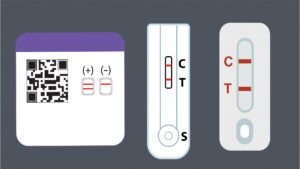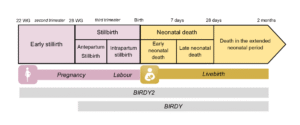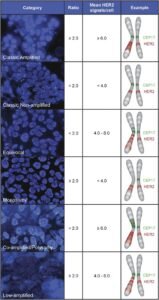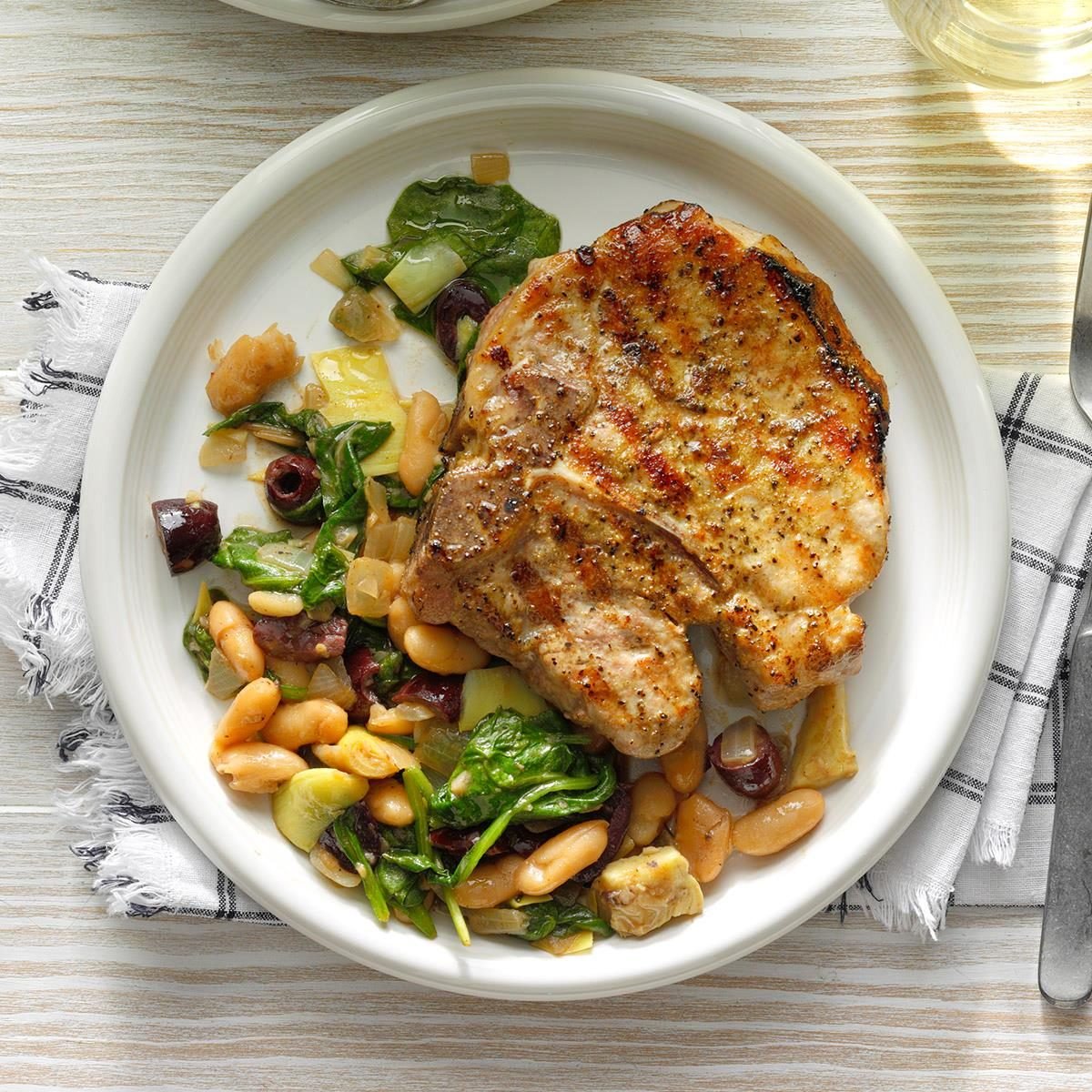Overview of Fatigue Caused by Gluten
Overview of Gluten-Induced Fatigue
Estimated Read Time: 5 Minutes
Understanding Gluten-Related Fatigue
Gluten-induced fatigue is a common challenge for individuals with celiac disease or non-celiac gluten sensitivity. Many people experience a sudden onset of extreme tiredness, often feeling as though they’ve been hit by a “brick wall” after consuming gluten. This fatigue is not just a passing feeling but one of the most persistent and disruptive symptoms faced by those with gluten sensitivity. Even after transitioning to a gluten-free diet, fatigue can linger or recur frequently, making it essential to understand how to manage this debilitating symptom.
The Impact of Malnutrition and Anemia on Fatigue
While the exact cause of fatigue in celiac disease and gluten sensitivity isn’t entirely understood, it remains one of the most prevalent complaints, often reported before diagnosis or even after accidental gluten exposure post-diagnosis. A study found that 82% of newly diagnosed celiac patients reported fatigue as a primary symptom.
In celiac disease, fatigue may be linked to malnutrition, as gluten-induced damage to the intestines can impair nutrient absorption. Anemia, another common condition in untreated celiac disease, can also contribute to feelings of exhaustion. However, these factors don’t fully explain why people with gluten sensitivity, who do not experience the same intestinal damage, also suffer from significant fatigue. Other mechanisms might be at play.
Other Symptoms Accompanying Fatigue
In addition to fatigue, individuals with celiac disease and gluten sensitivity often experience brain fog and sleep disturbances. Both of these conditions can worsen the feeling of fatigue. Brain fog makes it harder to concentrate, while insomnia can leave individuals feeling more drained the following day.
Coping with Gluten-Induced Fatigue
Practical Strategies for Managing Fatigue
Although there is no quick fix for gluten-induced exhaustion, there are several practical strategies to help manage fatigue while your body recovers from gluten exposure:
-
Slow Down Your Pace
When you’re feeling fatigued, it’s important to scale back your schedule as much as possible. Prioritize rest and reduce unnecessary activities to conserve energy. -
Stay Organized
Fatigue and brain fog can lead to forgetfulness and mistakes. Create lists to keep track of tasks and follow them to stay organized. A little structure can go a long way in managing your energy. -
Engage in Light Exercise
Although it might seem counterintuitive, light physical activity can actually help boost your energy levels. A short walk or gentle yoga can improve circulation and help reduce fatigue. Avoid overexertion during this recovery phase. -
Go to Bed Early
If you struggle with gluten-induced insomnia, try going to bed earlier than usual. Resting in a quiet, dark room—even if you can’t fall asleep immediately—can still provide some benefit in reducing fatigue the next day.
Potential Supplements for Managing Fatigue
Can Supplements Help with Fatigue?
Some research suggests that certain supplements, like L-carnitine, may help alleviate fatigue in individuals with celiac disease. L-carnitine aids in energy production by helping your cells break down fat and may also support better neurotransmitter function. A small study in Italy found that individuals with celiac disease who took L-carnitine for six weeks experienced a significant reduction in fatigue compared to those who received a placebo.
However, before considering L-carnitine or any supplement, it’s essential to consult with your healthcare provider, as side effects like rapid heart rate, nausea, and sleep disturbances can occur. Individuals with thyroid conditions or liver disease should avoid L-carnitine supplementation.
Conclusion
Fatigue caused by gluten exposure is a significant issue for people with celiac disease and gluten sensitivity, and there are no simple solutions. While there is no magic cure for gluten-induced fatigue, applying practical strategies such as rest, organization, and light physical activity can help manage symptoms. Supplements like L-carnitine may provide some relief, but they should only be used under medical supervision.
Frequently Asked Questions
How Can I Cope with Gluten-Induced Fatigue?
Explore methods to minimize stress, stay organized, and incorporate light exercise into your routine to manage fatigue.
Is It Counterintuitive to Exercise When Already Tired?
Engaging in light exercise, such as walking or yoga, can actually help alleviate fatigue rather than worsen it.
Could Supplements Help with Gluten-Induced Fatigue?
Supplements like L-carnitine might reduce fatigue in some individuals, but it’s important to consult with a healthcare provider before starting any new supplements.
Expert Tips
-
Incorporate seasonal or trendy ingredients to keep meals exciting and varied.
-
Offer time-saving tips and shortcuts for busy individuals to maintain healthy eating habits.
-
Consider dietary restrictions and suggest appropriate substitutes for gluten-free living.
Key Takeaways
-
Managing fatigue requires a combination of rest, organization, and careful attention to diet and physical activity.
-
Supplements like L-carnitine may help reduce fatigue, but they should be taken with medical guidance.
-
There is no quick fix, but consistent strategies can lead to improved energy levels over time.
Join Our Community
Stay informed with tips and updates on managing gluten sensitivity and other health-related topics by subscribing to our newsletter.








